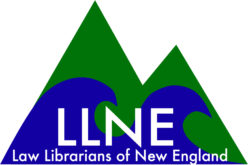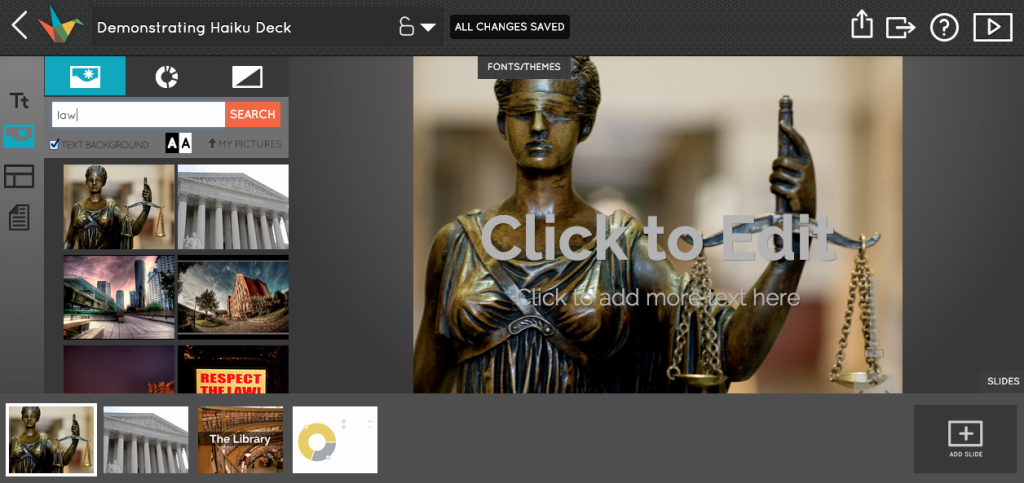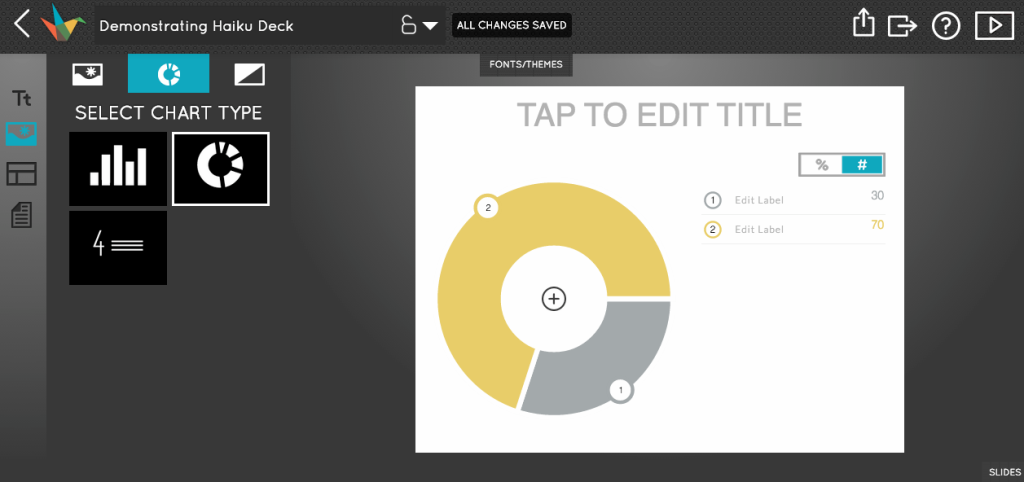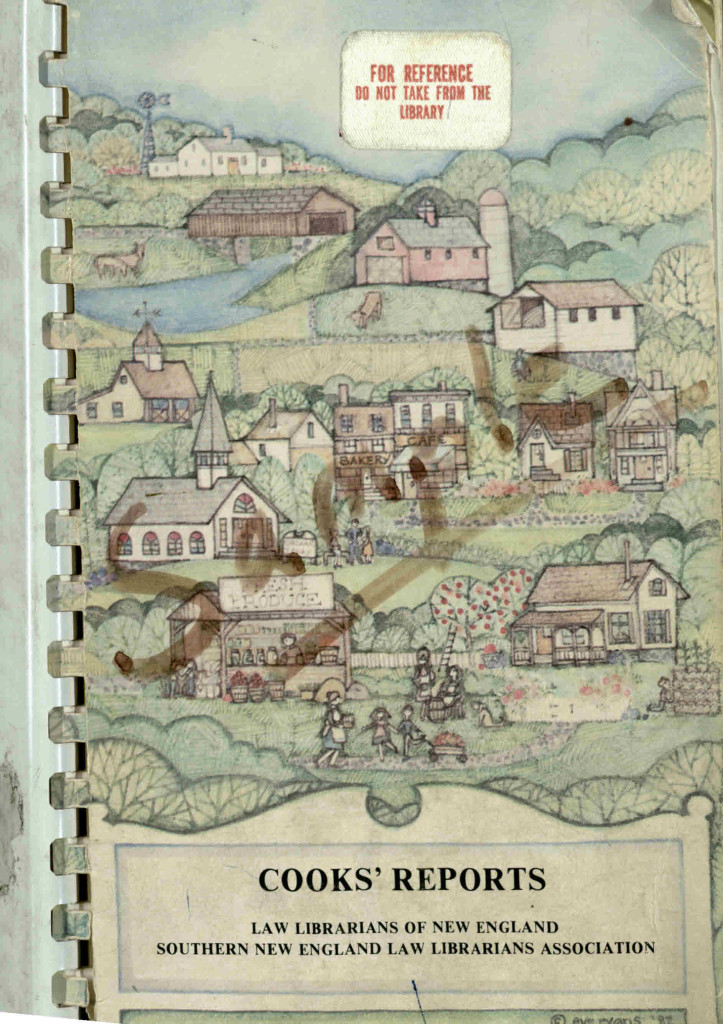By Anna Lawless
The topic of the recent meeting, mindfulness, strongly resonated with me. I have tried to practice mindfulness meditation on and off for the past several years, and have started to practice more regularly over the last year. I was very excited to learn more about how to integrate this practice into my working life. After all, the majority of my life is spent at the library; I am always interested in learning ways to improve the time for myself and my colleagues.
Since the conference, I have been trying to implement the strategies we learned about from the various speakers and discussions. I have also been reading “The Buddha Walks Into the Office,” by Lodro Rinzler, which discusses bringing Buddhist principles and mindfulness into the workplace in a very accessible, easy-to-read manner. Some of the things I have tried include:
Set an intention for my day. Lodro Rinzler discusses this idea in his book. When I wake up in the morning, I have a reminder set on my phone to think about something I want to focus on for the day. Some of the intentions I have set recently have been:
- Patience – I will be patient with everyone I encounter today, from fellow commuters to colleagues and my family.
- Kindness – I will be kind to everyone I encounter today, including myself.
- Gratitude – I will notice good things in the world today, large and small, and remember to be grateful for them.
I find it helps to remember that everyone is going through something, and I often don’t know what that is. It may affect their behavior towards me and it may not. Otherwise it’s very easy to let an intention drift away in frustration and cynicism.
Practice mindfulness throughout the day. Remembering to stay mindful through the day can be difficult. Mindfulness, or non-judgmental awareness of what is happening in a given moment, is not my mind’s natural state. Like many people, I focus on the past or the future. I replay discussions or actions, thinking about what could have gone differently; I imagine how future events and conversations will happen. I began using an app called OMM, or “One Moment Meditation.” I set a few alarms for myself throughout the day, and then use the app as a timer to meditate for about a minute. This mini-practice re-centers me and helps my mind slow down and come back to what is actually happening. As I continue to use the app, I find myself able to remember to be mindful throughout the day on my own. I do appreciate that the app forces me to stop and sit for a moment, focusing only on my breath. When I come back to what is happening I am calmer and in a less distracted state than I was before I began the meditation.
Stop multitasking. This is still a dream, really, but I hope to achieve it someday. I am trying to cut back on multitasking and focus on one thing at a time. Instead of answering emails immediately, if it isn’t urgent, I flag it for follow-up that day and continue what I am working on. Even though I have only recently begun this long process, I find myself less easily distracted and more able to focus on the task at hand. I hope this improvement continues.
Practice meditation each day. For me, that means sitting for ten minutes every evening before bed. When, and for how long, each person meditates is different; it all depends on how much time you can make for it and when your body is comfortable doing it. If I tried to do it in the morning I would be stressed out about traffic building up on the way to work, about projects for the day, and I would be falling back asleep. At night, I find it helps me clear my mind before going to bed. For another person, you might find it focuses your mind to start your day. I use an app called Insight Timer. It’s timer but also has a community of meditators you can talk to and learn from. There is also a set of guided meditations available for free.
As I have begun using these tools and trying to be more mindful, I have begun to notice some changes in myself at work. I find myself more patient with the people and situations around me; this could be from a more general feeling of calm that I’ve managed to cultivate. I am also less reactive. When things go wrong, I am able to remain calm and keep things in perspective. This allows me to focus better on fixing the problem. When people ask questions, instead of immediately responding, I have been trying to practice mindful speaking; I think about the best way to word things and whether my contribution is actually helpful to the situation. I feel better about my own contributions to my workplace with these changes. While I am still subject to stress, as is anyone, I am better able to control it; I am even sleeping better.
Mindfulness isn’t for everyone, and meditation practice is a lot of work. One of the things Lodro Rinzler discusses in his book is that you need a conscious reason to start meditating. It’s difficult and requires some self-motivation to keep up a regular practice; having articulated reasons for practicing can help you stay focused. However, if you’re up for it, I recommend giving it a try. It’s made a difference for me.




